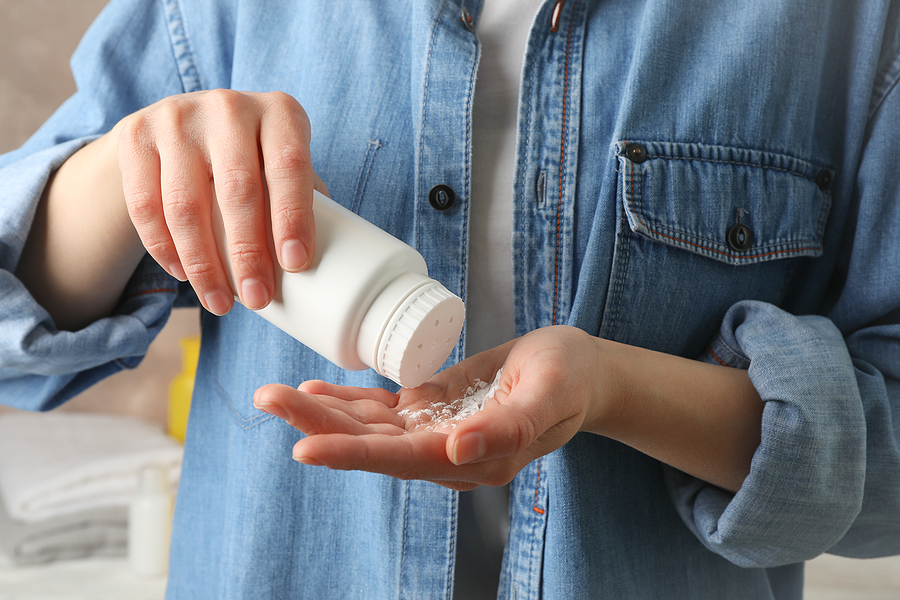Back before the invention of modern guns, commanders would tell their troops to “keep their powder dry.” Dry gunpowder was necessary for flintlock rifles and pistols; its ignition created the spark of fire that propelled bullets at the enemy (hence the term firearm). Wet gunpowder couldn’t be ignited and was therefore useless.
Although such muskets haven’t been used in decades and decades, the idiom sticks around as an injunction to be prepared in case of battle.
We are in a similar position with the second administration of President Donald Trump, who enjoys considerably more support, both within the Republican Party and the public at large, than he did in his first term. Given widespread political instability – both at home and abroad – it’s no hyperbole to say, that supporting his mission is critical for the future of the world. We can’t waste our political capital and resources on anything that distracts from keeping America great. We have to keep our powder dry.
I was reminded of this recently when I saw the news that Food and Drug Administration Commissioner Martin Makary had announced a new series of expert roundtables. The topics for these roundtables include peanut allergies, hormone therapy, baby formula, and so on. Ostensibly, the goal is to enable the FDA to become more agile, performing its function on behalf of the American people while circumventing bureaucratic hurdles and remaining transparent.
Given that the president wants to reduce the FDA’s budget by 5.5 percent, the agency would certainly benefit by becoming more efficient.
The first such independent panel of experts, held on May 20, discussed the use of the substance talc. But reading between the lines makes me think I need to put quotation marks around the words “independent” and “experts.” (It was still actually a panel, though, posted online here.)
Talc is one of those substances we never think about that’s in a gazillion things we use every day. The most common association with it is talcum powder, but it’s also used in lubricants, ceramics, paint, roofing material, cosmetics, many pharmaceuticals, and on and on.
Talc is ubiquitous, but there have also been consistent allegations that it is carcinogenic – that is to say cancer-causing. But one of the panelists on the FDA roundtable, George Tidmarsh, has published scholarship that insists talc actually isn’t carcinogenic. With his results published in the Journal of the Academy of Public Health (JAPH), Tidmarsh reports that products with talc in them have had carcinogenic effects because it is frequently found in nature with asbestos, and it’s the asbestos that causes the cancer.
So, problem solved, right? Well, JAPH might not be the most neutral source on the subject. Founded by Makary himself and National Institutes of Health Director Jay Bhattacharya, the journal has received sharp criticism for spreading misinformation on behalf of financial conflicts of interest. Of the 11 panelists discussing talc at this event, six have connections to JAPH: Makary and Tidmarsh, as well as John Joseph Godleski, Malcolm Sim, Steven Pfeiffer, and Nicole Kleinstreuer.
They’re doubtless all mostly wonderful people, but as soon as someone starts acting on behalf of their wallet instead of the public good, their priorities change. The debate on how talc – or anything else – is used in our society should be resolved by independent research scientists, rather than those with a clear profit motive. One doesn’t need to understand the finer qualities of materials science to understand that conflicts of interest can warp public policy.
As conservatives, we know that the economy and the world can benefit from relaxed federal regulations. But we also understand that the country needs appropriate regulatory guardrails, or else we end up with children of thalidomide.
With corporate, leftist media outlets spewing half-truths and outright lies about our cause, we can’t give them any additional ammunition to use against us. Looking the other way when this kind of conflict of interest is right in front of us undermines our efforts to keep America great. We must be prepared for the more pressing battles ahead of us. We need to keep our powder dry.


